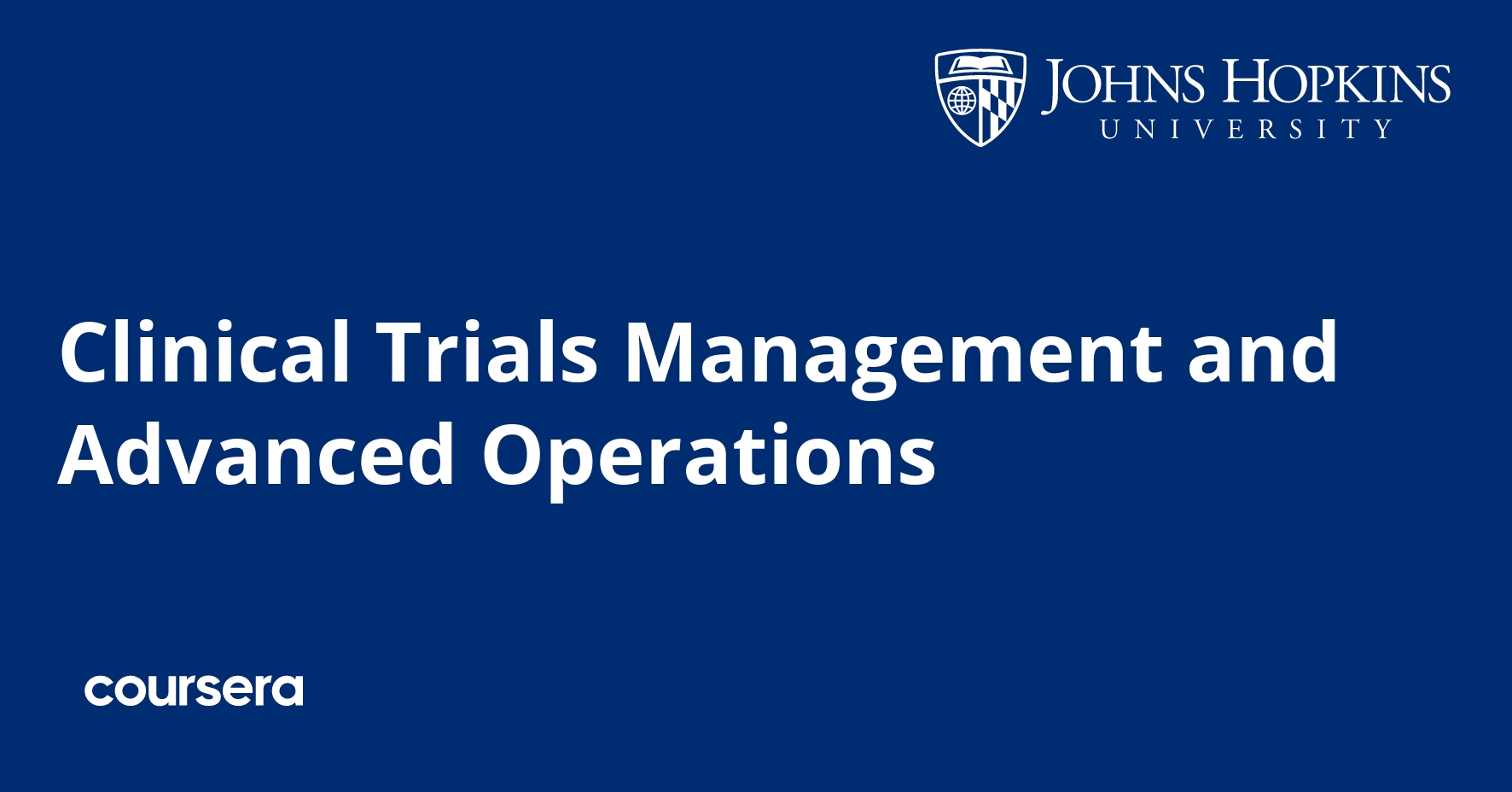Description
In this course, you’ll learn about the more advanced elements of managing clinical trials. From anticipating and planning for protocol events to conducting systematic reviews to synthesize evidence, you and your study team need the skills to implement best practices throughout the trial process. You’ll learn how to recognize and respond to problems and adverse events, comply with regulations, and participate in frameworks that promote transparency. You’ll also learn how systematic review and meta-analysis is used to synthesize evidence from multiple sources. Finally, you’ll learn how your research can benefit from the adoption and consistent use of standardized study documents.
What you will learn
Protocol Events
Protocol events are problems of varying magnitude that happen over the course of a clinical trial. They can affect patient safety, data integrity, or other aspects of the trial and need to be appropriately categorized and reported. You and your team need to be prepared to recognize, document, and respond to every type of protocol event.
Regulatory Affairs and Trial Misconduct
In this module, you’ll learn about regulatory affairs in clinical trials and how to avoid trial misconduct, which is handled differently from protocol events. Trial investigators are held to federal and local standards in their study conduct, and Institutional Review Boards (IRBs) along with federal agencies are in charge of enforcement. The ramifications for trial investigators engaging in fraud or trial misconduct can result in loss of funding or even legal consequences, so you and your team need to be aware of these expectations and plan for strict compliance throughout your trial.
Standardization, Transparency, and Research Reproducibility
In this module, we’ll be discussing standardization of research practices, transparency of study activities, and research reproducibility. Standardization improves dissemination of results, easing the possibility of selective reporting between trials and facilitating a complete view of the full body of evidence. Standards for research practice enable study replication, allowing other investigators to duplicate your results for verification purposes. Transparency allows for effective adjudication by journal editors and others who might wish to review your study data. Finally, protocol development and trial registries hold the investigators to the outcomes they pre-specified in their protocol development.
Evidence Synthesis: Introduction to Systematic Reviews and Meta-Analysis
In this module, you’ll learn about addressing a clinical trial question of interest by synthesizing evidence from various trials. A systematic review focuses on a specific question, and systematic reviewers use explicit, transparent, and replicable scientific methods to identify, select, appraise, and summarize similar but separate studies. Meta-analysis is an optional component of systematic reviews that allows quantitative assessments of outcomes from similar trials.




